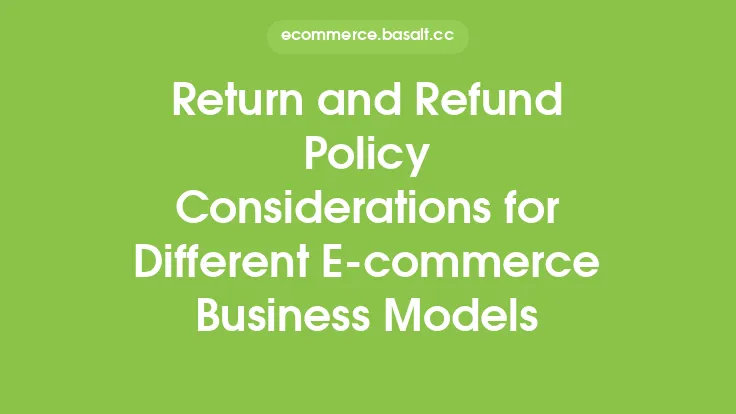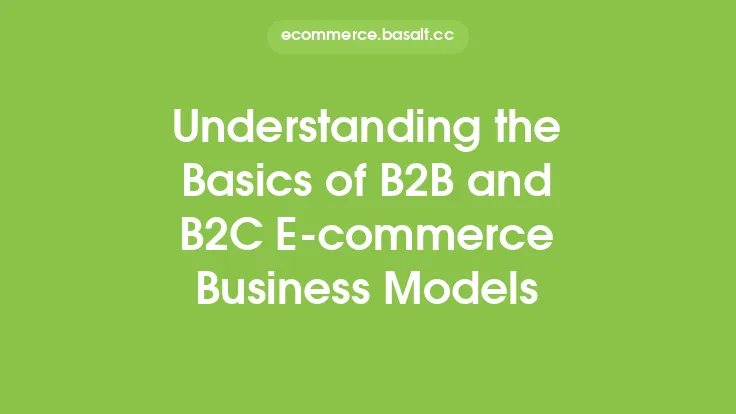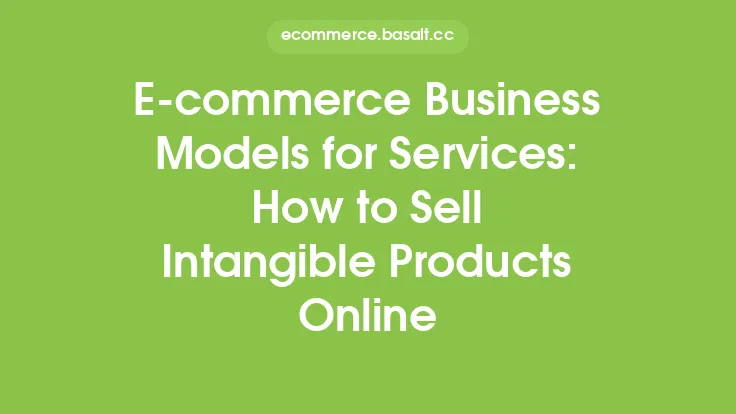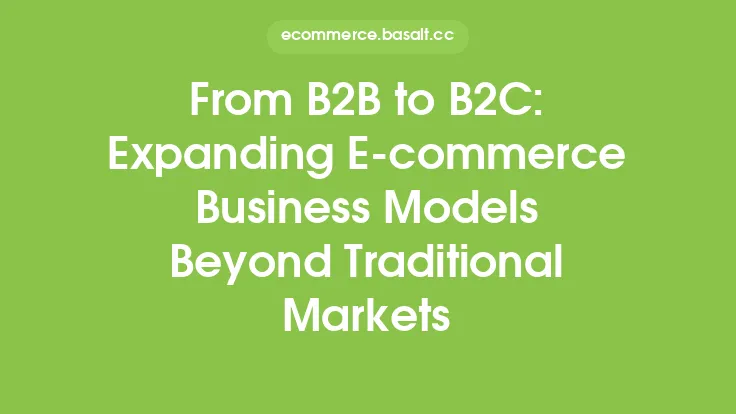In the world of e-commerce, businesses are constantly looking for innovative ways to stand out from the competition, increase brand recognition, and drive sales. Two business models that have gained popularity in recent years are private labeling and white labeling. These models allow companies to create and sell products under their own brand name, without having to invest in product development, manufacturing, and quality control. In this article, we will delve into the details of private labeling and white labeling, exploring their benefits, challenges, and key considerations for businesses looking to adopt these models.
What is Private Labeling?
Private labeling is a business model in which a company creates a product and sells it under its own brand name. The product is manufactured by a third-party supplier, but the company has control over the product's design, packaging, and branding. Private labeling allows companies to create a unique product that meets their specific needs and requirements, while also building brand recognition and customer loyalty. Private labeling is commonly used in industries such as food, cosmetics, and apparel, where companies can create products that are tailored to their target market's preferences and needs.
What is White Labeling?
White labeling is a business model that is similar to private labeling, but with a key difference. In white labeling, a company purchases a product from a supplier and resells it under its own brand name, without making any modifications to the product. The product is often a generic or unbranded product that is manufactured by the supplier, and the company simply adds its own branding and packaging to the product. White labeling is commonly used in industries such as technology, software, and electronics, where companies can resell products that are already developed and tested by the supplier.
Benefits of Private Labeling and White Labeling
Both private labeling and white labeling offer several benefits to businesses, including:
- Increased brand recognition and customer loyalty
- Ability to create unique products that meet specific needs and requirements
- Control over product design, packaging, and branding
- Reduced production costs and increased profit margins
- Ability to focus on marketing and sales, rather than product development and manufacturing
- Flexibility to adjust product offerings and branding as needed
Challenges of Private Labeling and White Labeling
While private labeling and white labeling offer several benefits, there are also some challenges to consider, including:
- Quality control and assurance, as the company is relying on a third-party supplier to manufacture the product
- Supply chain management and logistics, as the company needs to ensure that the product is delivered on time and in good condition
- Intellectual property protection, as the company needs to ensure that its brand name and product design are protected from infringement
- Competition from other companies that may be selling similar products under their own brand name
- Potential for product recalls or defects, which can damage the company's reputation and brand image
Key Considerations for Businesses
For businesses considering private labeling or white labeling, there are several key considerations to keep in mind, including:
- Researching and selecting a reliable supplier that can meet the company's quality and production standards
- Developing a strong brand identity and marketing strategy to differentiate the product from competitors
- Ensuring that the product meets all relevant regulatory and compliance requirements
- Establishing a robust quality control and assurance process to ensure that the product meets the company's standards
- Developing a flexible and adaptable business model that can respond to changes in the market and consumer preferences
Best Practices for Implementing Private Labeling and White Labeling
To successfully implement private labeling or white labeling, businesses should follow several best practices, including:
- Conducting thorough market research to understand consumer preferences and needs
- Developing a clear and compelling brand identity and messaging
- Establishing strong relationships with suppliers and partners
- Investing in high-quality packaging and branding materials
- Continuously monitoring and evaluating product quality and customer feedback
- Being prepared to adapt and adjust the business model as needed to respond to changes in the market and consumer preferences.
Conclusion
Private labeling and white labeling are two e-commerce business models that offer several benefits and opportunities for businesses looking to create and sell products under their own brand name. By understanding the benefits and challenges of these models, and following best practices for implementation, businesses can successfully create and sell products that meet their target market's needs and preferences, while also building brand recognition and customer loyalty. Whether you're a small startup or a large enterprise, private labeling and white labeling are definitely worth considering as part of your e-commerce strategy.





